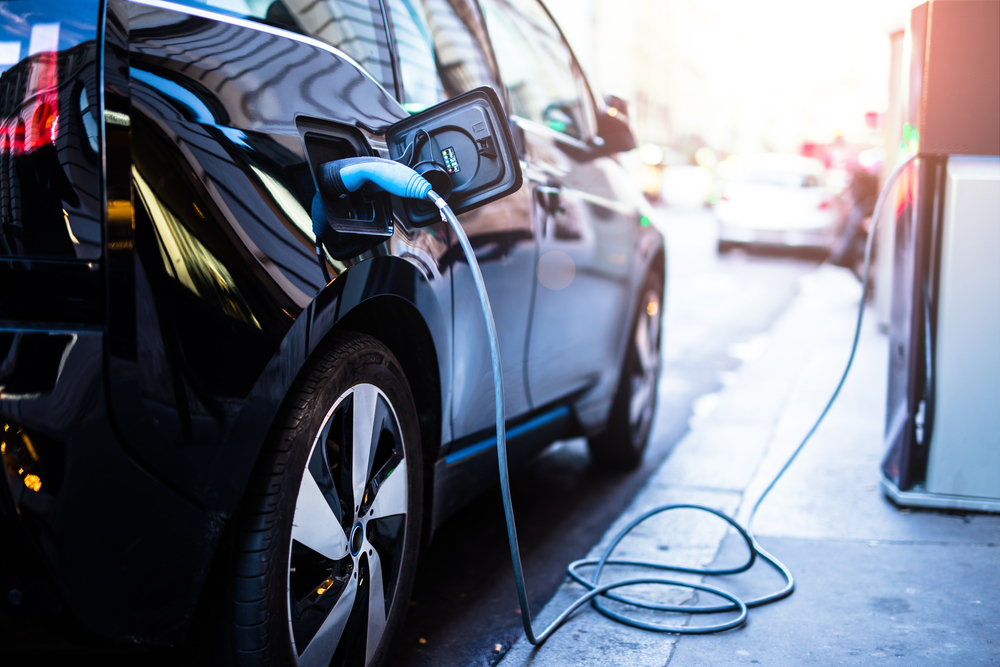Insurance
The practical questions electric car buyers should ask

Guest Author:
Paloma KubiakAs the government seeks to meet its net zero emissions target and encourages drivers to switch to electric vehicles, here are the practical questions to ask your insurer and breakdown provider.
Petrol and diesel car sales have been dented in recent years as environmentally conscious drivers opt for green vehicles instead.
In fact 2019 was one of the gloomiest years on record for the car industry, with diesel car sales slumping 19% in the year and petrol sales recording a slight 2.6% increase.
But sales of alternative fuel vehicles rocketed, with electric vehicles seeing a 220% increase in registrations.
And their popularity is likely to boom as Prime Minister Boris Johnson today announced that the ban on sales of new petrol and diesel cars and vans will be brought forward by five years to 2035.
If you’re considering buying an electric vehicle, Mike Powell, consumer motor expert at business information site Defaqto lists five practical tips and questions to ask both your insurer and breakdown provider…

Wellness and wellbeing holidays: Travel insurance is essential for your peace of mind
Out of the pandemic lockdowns, there’s a greater emphasis on wellbeing and wellness, with
Sponsored by Post Office
1) Check your car insurance policy to make sure that your electric cables are covered as the costs to replace these could run into hundreds of pounds if they are damaged or stolen.
2) Check with your car insurer that you have cover in place to protect you in the case you are found liable if someone trips over your electric cable while your car is charging.
Most people charge their cars at home overnight or at their workplace, according to TfL. The government has recently doubled funding to install electric vehicle chargepoints in residential streets next year, and to date, there are 2,400 ‘rapid chargepoints’.
3) If you are leasing the car’s electric battery, check with your car insurer that cover is provided for your battery if it is damaged or stolen.
4) If following an insured incident where your own car is being repaired, check with your insurer about the type of courtesy car provided to you. This may not be an electric car.
Typically most insurance products provide a small hatchback-type courtesy car when the policyholder’s own car is being repaired. However, some insurers, such as LV=, do provide an electric courtesy car.
5) Check your motor breakdown insurance as ‘running out of electric charge’ may not be covered. This means you could be responsible for the costs to recover your car to a charging point or your home address.
If cover isn’t available, the breakdown provider may still help but the costs would need to be paid directly to it.
As of August 2019, there were more than 20,000 publicly accessible chargepoints, double the number of petrol stations, according to the Department for Transport.